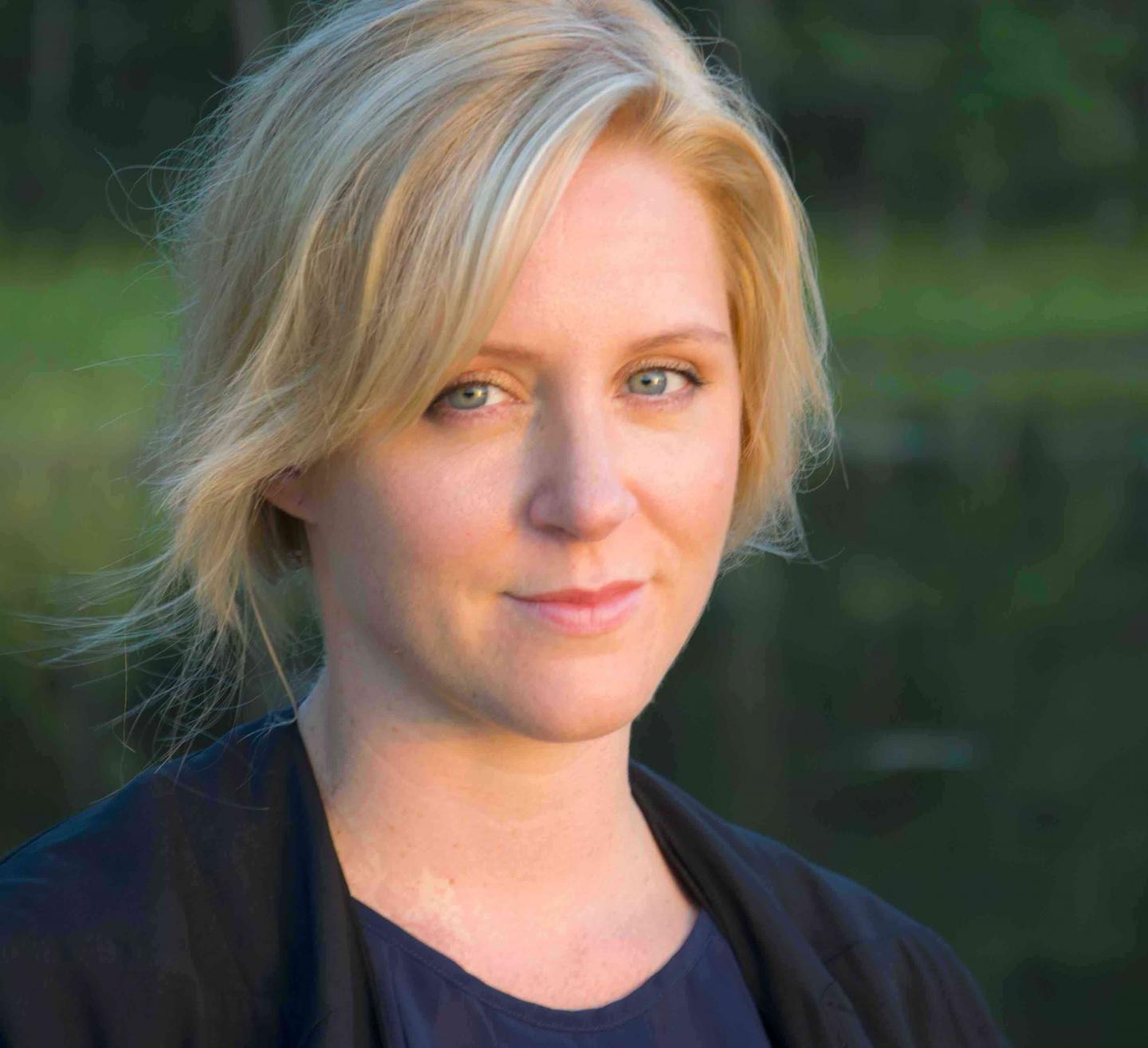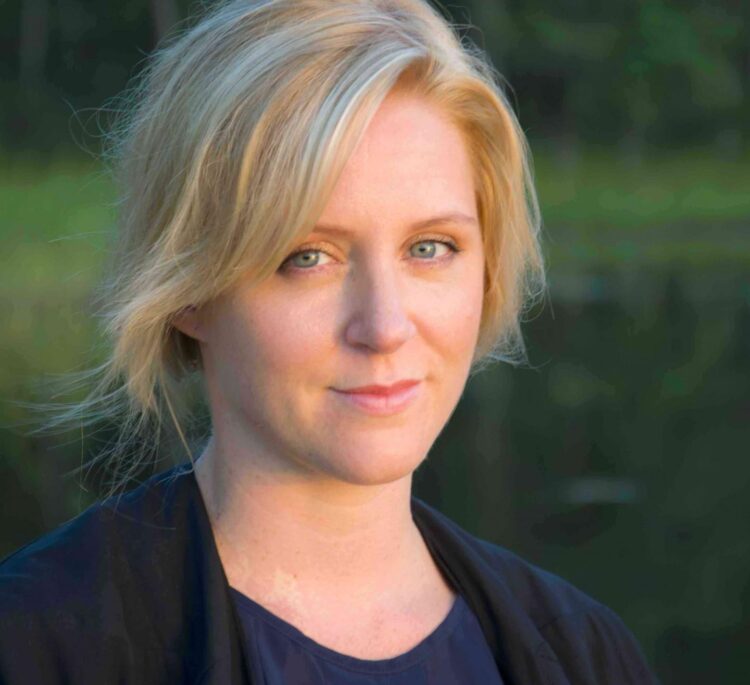
Credit: Photo: Bernhard Folz
A new study published in PNAS finds that aid provided by the United Nations (UN) in the aftermath of climate-related disasters is driven by humanitarian need rather than by strategic donor interests. The results underline the importance of climate-related hazards for understanding aid disbursements.
The study ‘Humanitarian need drives multilateral disaster aid’ provides the first estimation of UN climate-related disaster aid worldwide. Although it cannot be entirely ruled out that powerful donor states’ interests shape UN aid flows, the UN seems able to fend off donor states’ strategic interest and allocate more aid after disasters where hazard severity is greatest and need is most pressing.
Threats to human livelihoods from natural hazards are increasing due to climate change. Climate-related disasters such as floods, storms and droughts have destroyed homes, reduced crop yields, harmed livestock, and fueled conflict, especially in developing countries. To provide adequate disaster relief, states rely on multilateral institutions, particularly the UN.
Yet the determinants of where UN disaster aid is dispursed are poorly understood. To fill this gap, researchers from Stockholm University and Uppsala University, affiliated with the Bolin Centre for Climate Research and the Mistra Geopolitics programme, examined the determinants of UN disaster aid using a dataset of UN aid covering almost 2 000 climate-related disasters between 2006 and 2017.
The principal findings are twofold. First, humanitarian need largely drives UN aid in the aftermath of climate-related disasters. The UN seems able to fend off donor states’ strategic interests and allocate more aid after disasters where hazard severity is greatest and need is most pressing. Based on this finding, the study argues that the UN lives up to its stated principles of neutrality, impartiality and independence in disaster aid. The results underpin the legitimacy of the UN to allocate disaster aid.
While the study indicates that humanitarian need is the main driver of UN climate-related disaster aid in the past 15 years, there is another main factor that shapes aid allocation: UN aid appears to mimic emergency official development assistance (ODA), mirroring previous findings from humanitarian aid research.
“Knowing whether the severity of a climatic hazard is important for explaining multilateral aid has implications for what we can do to better alleviate humanitarian crises in the aftermath of climate-related disasters,” said Lisa Dellmuth, lead author of the study and Associate Professor of International Relations at Stockholm University and member of Mistra Geopolitics.
Second, the study has important consequences for disaster impact research and provides a way of measuring hazard magnitude. It develops a uniquely global hazard severity measure that, for the first time, compares across different climate-related disaster types, and assesses and bolsters the measurement validity of EM-DAT climate-related disasters, the most widely used database on natural disasters.
“In aid and disaster impact research, there is much uncertainty in existing data on the occurrence and severity of disasters. For example, consequences of future climate change will likely be different from historical climate disruptions”, said Frida Bender, co-author of the study and Associate Professor in Meteorology at Stockholm University and the Bolin Centre for Climate Research. “It is quite likely that over this century, unprecedented climate change is going to have significant impacts on extreme weather events, and our study underlines the validity of the widely used EM-DAT dataset on disasters.”
The researchers also make clear there is need to further improve the estimation of climate-related aid data (read article in Nature), and that the present study is a contribution in this regard as it provides the first estimation of UN climate-related disaster aid worldwide.
“Understanding the determinants of multilateral climate aid is important not only for increasing the ability of the international community to provide humanitarian assistance, but also for improving resilience in the face of increasing risk of climate-related natural disasters,” said Nina von Uexkull, study co-author and senior lecturer in International Relations at Stockholm University and researcher in Mistra Geopolitics.
###
Read the study ‘Humanitarian need drives multilateral disaster aid’ published in PNAS: Dellmuth LM, Bender F, Jönsson AR, Rosvold EL, von Uexkull N., “Humanitarian need drives multilateral disaster aid”, Proc. Natl. Acad. Sci. U.S.A., Vol. 118 (2021). doi: 10.1073/pnas.2018293118.
For interviews or further information, please contact:
Lisa Dellmuth, Department of Economic History and International Relations, Stockholm University: +46-722 933 380, [email protected]
Ylva Rylander, Communications Officer, Stockholm Environment Institute and Mistra Geopolitics: +46-731 503 384, [email protected]
Press Office at Stockholm University
+46-816 40 90, [email protected]
Authors and affiliations
The study is written by Lisa Dellmuth, Frida Bender, Aiden Jönsson, Elisabeth Rosvold, and Nina von Uexkull, Stockholm University, the Bolin Centre for Climate Research, and the Mistra Geopolitics programme.
Lisa Dellmuth is Associate Professor of International Relations; Frida Bender is Associate Professor in Meteorology and affiliated with the Bolin Centre; Aiden Jönsson is a PhD student in Meteorology and affiliated with the Bolin Centre; Elisabeth Rosvold is a postdoc in International Relations; and Nina von Uexkull is a senior lecturer in International Relations, Stockholm University, and former Assistant Professor at the Department of Peace and Conflict Research at Uppsala University. Dellmuth and von Uexkull are researchers in the Mistra Geopolitics programme.
Mistra Geopolitics is a research programme that examines the dynamics of geopolitics, human security and environmental change. The programme brings together a strong interdisciplinary research team consisting of six Swedish core consortium partners:
- Stockholm Environment Institute (SEI)
- Stockholm International Peace Research Institute (SIPRI)
- Linköping University
- Uppsala University
- Stockholm University
- Lund University
The programme also involves numerous stakeholder partners including Swedish government agencies, companies, industry associations and two international partners, E3G and Adelphi. http://www.
Stockholm University contributes to the development of a sustainable democratic society through knowledge, enlightenment and the pursuit of truth, based on critical thinking. Stockholm University contributes actively to society – a role that has characterized the University since its inception in 1878. Stockholm University is an international academic environment, which is an integral part of excellence in research and education.
Media Contact
Per Larsson
[email protected]
Related Journal Article
http://dx.





